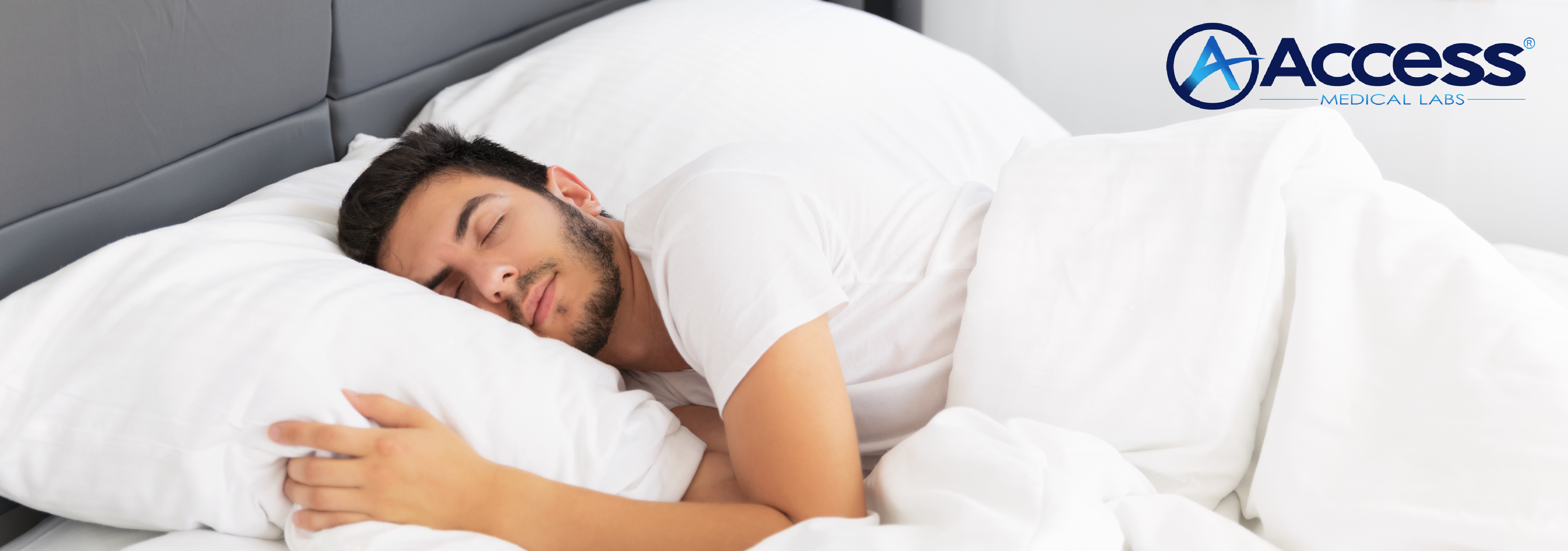
Exercising for at Least 30 Minutes a Day Improves Sleep Quality
- May 23, 2023
The importance of good sleep cannot be overstated. It is an essential aspect of our overall well-being affecting our physical health, mental health, and cognitive function. In order to achieve optimal sleep, there are a number of factors to consider, such as diet, lifestyle, and exercise habits. A recent study from the John Hopkins Center for Sleep suggests that exercise may be particularly important for improving sleep quality.
The study analyzed data from over 100,000 adults and found that those who met the recommended guidelines for physical activity reported better sleep than those who did not. Specifically, those who engaged in at least 30 minutes of exercise per day had better sleep quality than those who did not. Interestingly, the study also found that exercising for longer periods of time did not necessarily lead to better sleep.
While the study did not focus on the specific benefits of yoga, it is worth noting that many experts consider yoga to be an excellent form of exercise for promoting good sleep. The slow, deliberate movements of yoga, coupled with its emphasis on breathing and relaxation, can help reduce stress and calm the mind, making it easier to fall asleep and stay asleep. In fact, a study published in the Journal of Clinical Sleep Medicine found that participants who practiced yoga for eight weeks reported improved sleep quality and reduced insomnia symptoms.
Of course, exercise alone is not always enough to guarantee good sleep. Other factors, such as diet, stress levels, and sleep environment also play a role. That’s why tests like the Basic Wellness Panel from Access Medical Labs can be helpful in identifying potential health issues that may be affecting sleep quality. This panel includes a comprehensive array of tests designed to assess overall health and wellness including markers for inflammation, metabolic function, and vitamin and mineral status. Individuals can take a more holistic approach to improving sleep and overall well-being by identifying and addressing any underlying health issues.